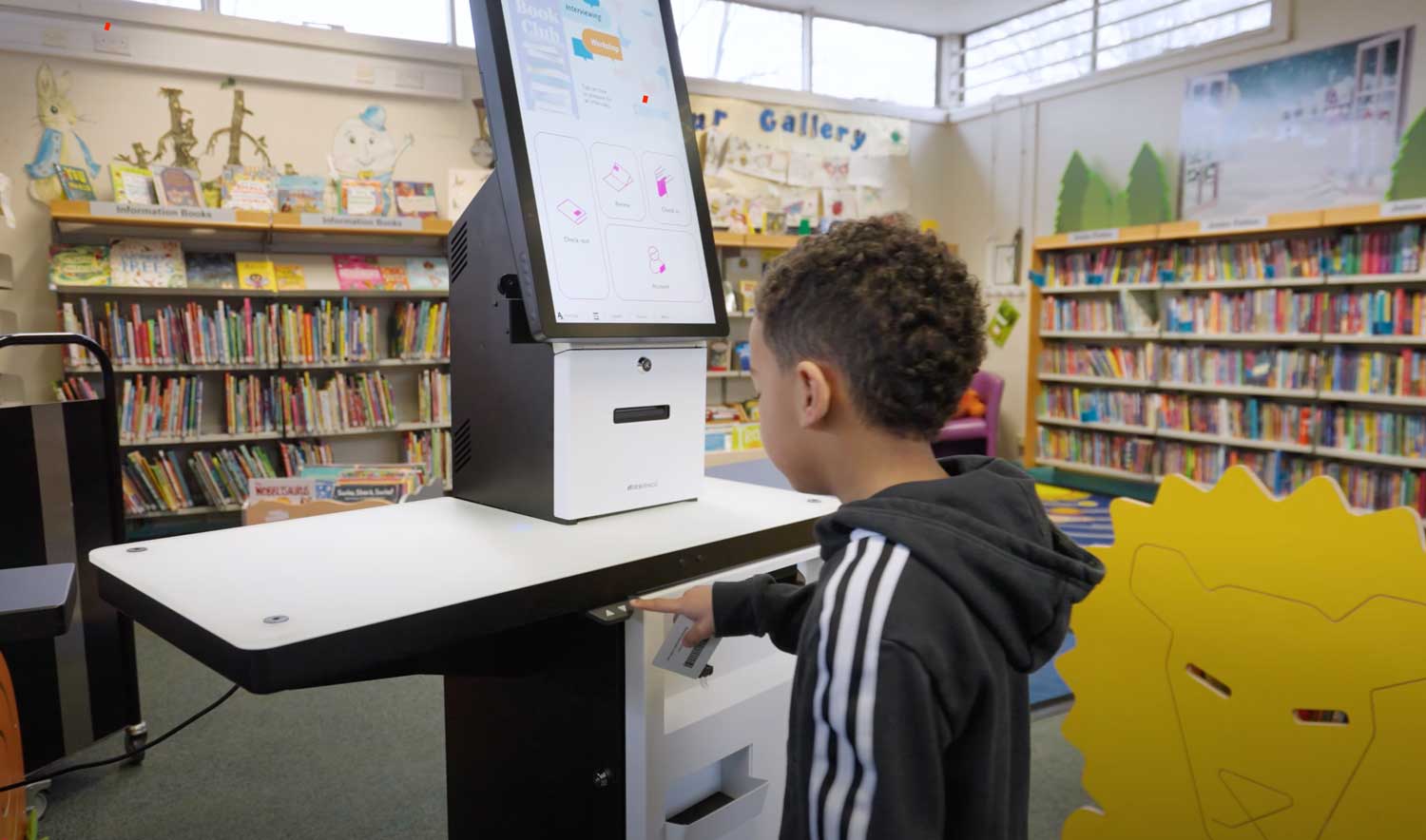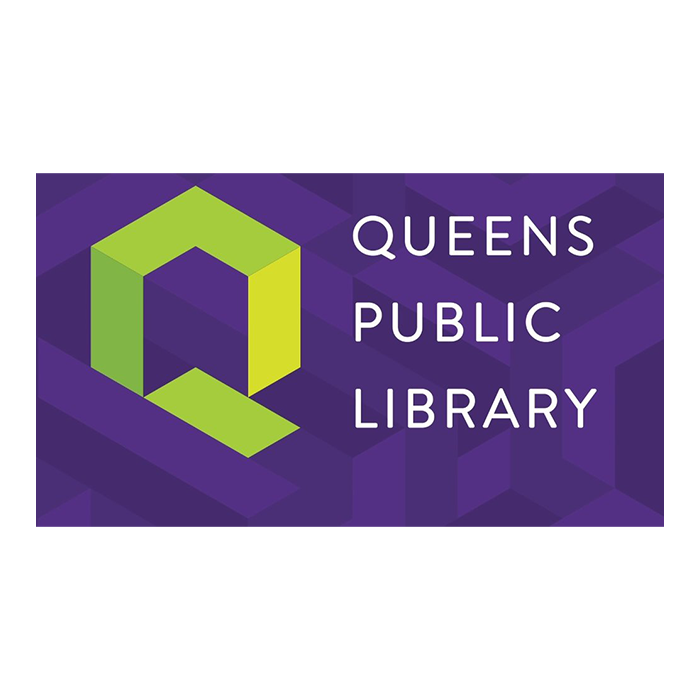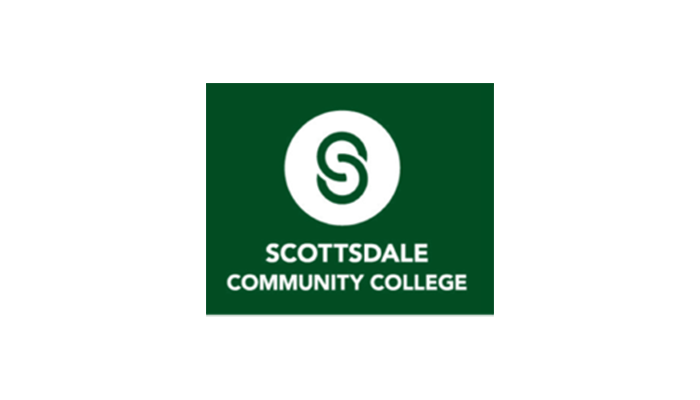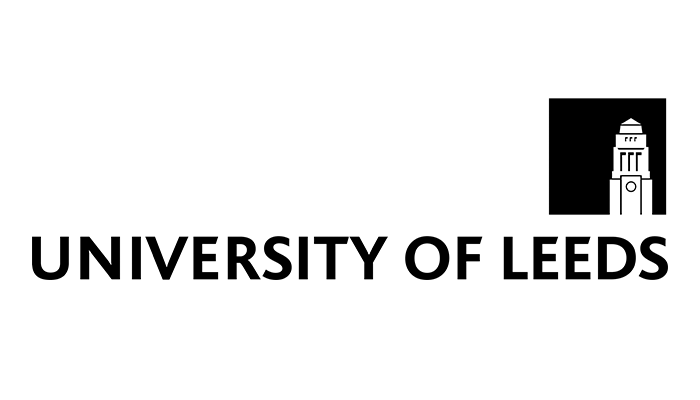Virtual Learning
Date & Time: Tuesday, 17th August, 2021 at 4pm
Classics Revisited: A Theory of Justice by John Rawls
panelists + moderator
Attendee Responses + Information
"Thank you so much for interviewing one of my all-time favorite authors! It was great to hear about his process and it was so useful for reader's advisory purposes."
"Thank you for making this available. The book had been raved about on CBS Sunday Morning and this was a great opportunity to meet the author."
"I have not read any of David's books but having listened to him today they will definitely be on my reading list from now on. I love to discover new authors and this is a really excellent way to gain insight into the way they tick."
Could one guarantee a just and morally acceptable society? A Theory of Justice by John Rawls details the fundamental principles behind such a place. Professor Michael Sugrue, Ph.D., will analyze the ideas put forth in this book, the latest classic to be included in the Classics Revisited series. This piece of political philosophy is relevant today despite having been written 5 decades ago. Rawls describes equality and a “veil of ignorance” that can ensure justice. Which begs the question, if everyone were to agree to live a certain way, would there be justice and fairness? The Professor will discuss A Theory of Justice and a live Q&A will follow.
Bibliotheca is happy to share these additional resources and references related to and/or mentioned during this webinar.
John Rawls Biography and Career:
Interesting article about the ongoing impact of Rawls on society. Written for “The New Republic” in 2019.
Classics Revisited Series: Foundations of the Metaphysics of Morals by Immanuel Kant
Classics Revisited: Utilitarianism by John Stuart Mill
You may also like
Insights + Trends

selfCheck + integrated return bins for service-centric success: Redford Township District Library
Following strategic upgrades, Redford Township District Library sees record circulation, 94% self-check use, and thriving community engagement.

selfCheck 3000 Adjustable Leg: Making Library Technology Accessible for Everyone
Discover the selfCheck 3000 adjustable leg feature—enhancing accessibility for children, adults, and wheelchair users. Create an inclusive self-service experience in your library.

Building Minds: Designing Learning Spaces for Connection and Coherence
Explore how neuroscience and health research shape innovative educational space design for enhanced learning outcomes and engagement.








